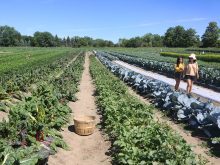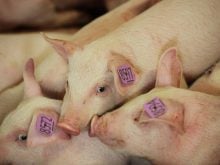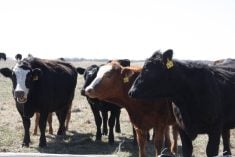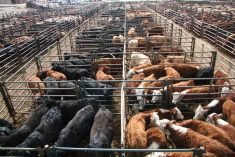AIRDRIE, Alta. – The greatest problem with intensive livestock operations is dealing with the manure, says a University of Calgary water quality specialist.
“The biggest water quality issue around ILOs is manure spreading, not the actual feedlots or manure storages” said Cathy Ryan.
Her research team did one of the first ground water quality studies in the province. It measured effects of intensive livestock on aquifers.
The work was done in the Lethbridge Northern Irrigation District in southern Alberta where a large number of intensive livestock operations are located.
Read Also
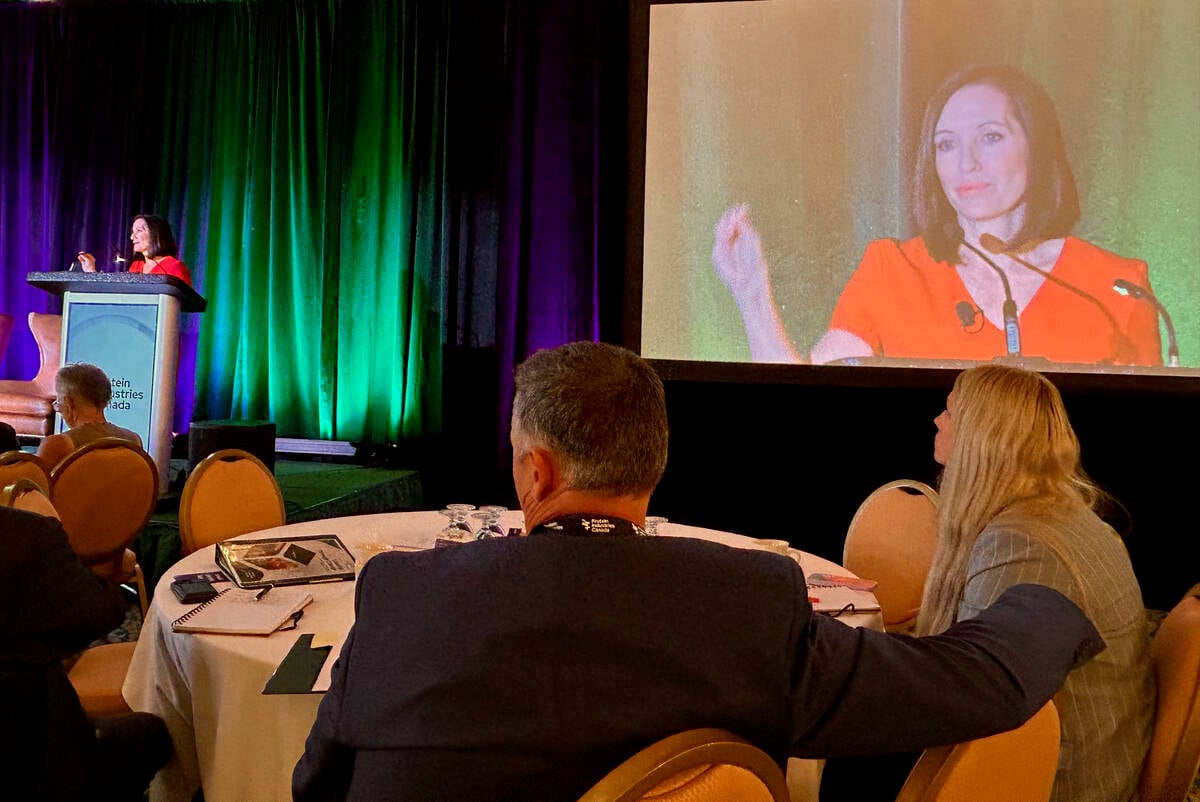
Canada told trade crisis solutions in its hands
Canadians and Canadian exporters need to accept that the old rules of trade are over, and open access to the U.S. market may also be over, says the chief financial correspondent for CTV News.
Researchers were looking for nitrate and phosphorus residues, as well as microbial impacts.
The results are not fully tabulated, but Ryan told a committee examining the need for provincial livestock regulations that this kind of information is critical when examining the merits of a new operation. Scientists capable of doing this work must be included in the equation.
Experts may come from Alberta’s agriculture or environment departments. However, agriculture probably should not regulate the industry because its mandate is to promote these operations. Provincial environment specialists could do impact assessments before approval is granted.
“Municipalities do not have the resources or the interest to participate in this kind of applied research,” she said.
Ryan said regulations should be flexible enough to change as more is learned about how farms
affect the environment and public health.
Municipalities should retain the right to zone land for various uses. She suggested several sub zones for agricultural use – traditional farming, pasture, and land deemed suitable for intensive livestock operations.





